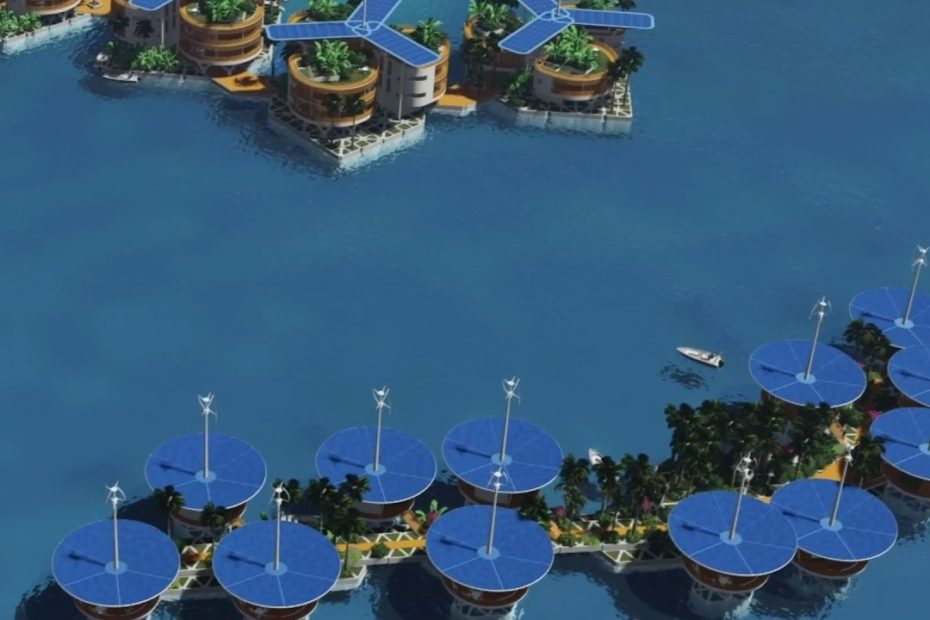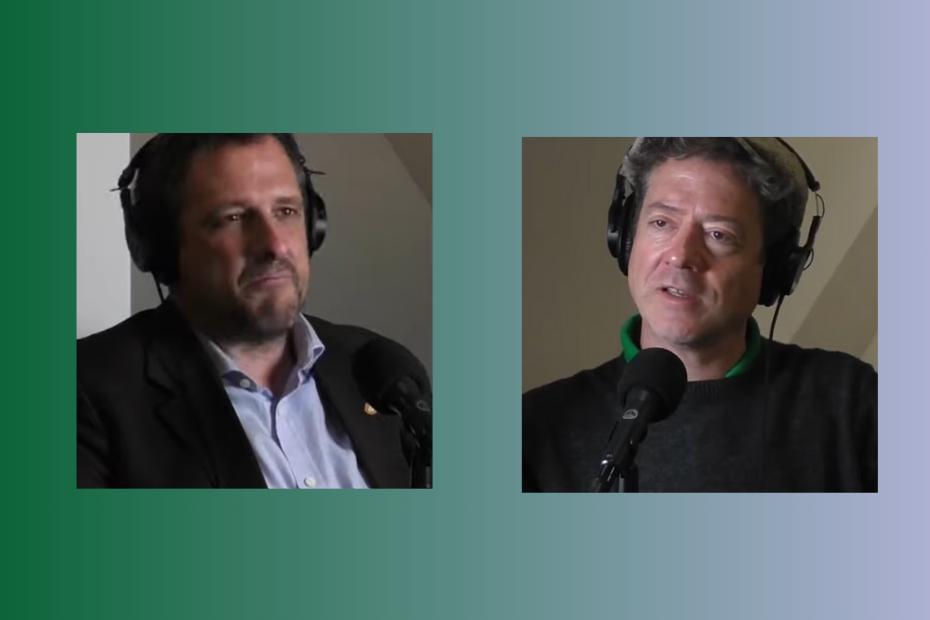In 1970, cruise ships were a luxury for rich people only. Now they’re cheaper per night than many coastal hotels. In 1990, cell phones were for the rich. Now children in some of the poorest countries use them.
What changed? Rich people bought early models, which attracted innovators who wanted to make money by providing for everyone else.
Electronics and cruise companies couldn’t stay wealthy by selling only to the wealthy. To remain in business they had to race their competitors to sell to more people at ever cheaper prices, which made products more affordable and better for everyone.
Seasteads are like the mobile phone in 1990 and the cruise line in 1970.
But since seasteads must compete with beachfront land property, prices will be comparable to the prices of beachfront homes, and seastead engineers aim to make floating foundations even cheaper than expensive coastal land.
Through the same process the made cell phones accessible to most people on the planet, seasteads will be home to a significant number of people who are not rich. The first seasteading company, Blue Frontiers, guarantees 25% of residents will be from the host nation.
If you want to learn more, or if you want to join the first seasteading community, go to Blue-Frontiers.com and read Seasteading: How Floating Nations Will Restore the Environment, Enrich the Poor, Cure the Sick, and Liberate Humanity from Politicians.
Created by Joe Quirk and Jackson Sullivan

